
Offering Support After the Texas Hill Country Flooding
Offering Support After the Texas Hill Country Flooding By: Rane Wallace, MS, LPC, LCDC, SAP When tragedy strikes, it comes out of nowhere. And it
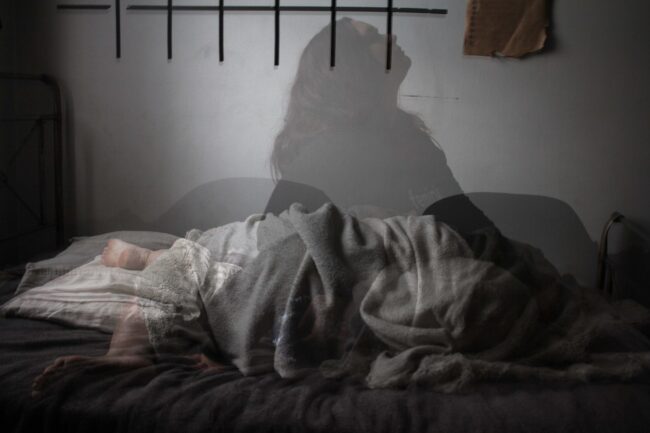
Struggling with restless nights and weary mornings? If so, you’re not alone. Almost half of all Americans report daytime sleepiness between 3 and 7 days per week. And 35.2% of adults sleep for less than 7 hours each night. But is there anything we can do to prevent that? Say, some proven tips to sleep better at night?
While most of us aren’t strangers to grogginess or fatigue, restless nights become more frequent as we age (and our sleeping patterns change). Generally, women sleep less around menopause, as hot flashes and other uncomfortable symptoms begin waking them.
If you’re struggling to fall (& stay!) asleep, our professional therapists are revealing 8 proven tips to help you sleep better at night in today’s blog post. Stay tuned to find some that will work for you.
While sleep aids can help battle your insomnia, here are some natural, proven tips to sleep better at night:
If you’re struggling to fall asleep at night, it might have something to do with your level of exercise. Not only will going for a brisk walk trim you down, but it will also boost the effectiveness of your natural sleep hormones (aka melatonin).
However, it’s important to watch the timing of your workouts. Exercising at night can be stimulating (which — as you can imagine — hinders your sleep schedule). Instead, we recommend opting for morning workouts that expose you to bright daylight (this supports your circadian rhythm).
Another reason people struggle to fall asleep might be because their beds have become stimuli for wakefulness and activity (and consequently not for sleep). How does this happen? Well, it often happens to people who use their beds as offices for answering phone calls and emails. Or, when they get into the habit of watching late-night TV from bed. To associate your bed with sleep, we recommend using it for sleep and sleep alone! (As well as other bedroom-related activities, if you know what we mean.)
There are plenty of distractions that might deter you from a restful night’s sleep. Don’t let ambiance be one of them! To set your night up for success, make sure your bedroom is as quiet as possible. Most people want a dark, hushed, and cool environment; however, do what feels best to you.
It’s not uncommon for a grumbling stomach to keep someone awake. So, to get enough sleep at night, start by eating enough calories during the day. However, stray away from eating a large meal within two to three hours of bedtime. Your body needs time to digest, and this prevents you from staying up all night with an upset stomach, acid reflux, or indigestion. If you’re really hungry right before bedtime, a small, healthy snack (like a piece of fruit) is best.
Another tip to help you sleep better at night is to avoid caffeine and alcohol. Caffeine is a stimulant, so consuming it before bedtime can disrupt sleep patterns. And while a glass of wine might initially make you sleepy, it also has a stimulating effect. This is because alcohol releases excitatory glutamate as it metabolizes, which is an excitatory neurotransmitter of your nervous system. As you can probably guess, this disrupts your ability to sleep.
It’s not uncommon for daytime worries to bubble to the surface at night. And if you didn’t already know, stress is a stimulus. When we’re stressed out, we activate our fight-or-flight hormones. And as you can probably imagine, those hormones work against our ability to sleep.
Therefore, taking some time to wind down before bed can do wonders for your quality of sleep. If you’re unsure where to start, try deep breathing exercises, doing some bedtime yoga, or journaling with these 5 self-care prompts for mental health.
Remember being a little kid whose parents read them a bedtime story every night before bed? Most of the time, that comforting ritual lulled us to sleep. And even in adulthood, those bedtime rituals can have a similar effect. If you’re struggling to fall asleep, try drinking some warm tea, taking a bath, or listening to calming music – these all signal our bodies and minds to sleep.
Cognitive-behavioral therapy (CBT) is a proven way of treating chronic insomnia and other sleep problems. Here at Fort Wellness Counseling, our qualified therapists help people work through their sleep struggles and unearth any issues that might be lying under the surface. Then, we empower them with tangible solutions and techniques to accomplish long-term change.
Are you or a loved one struggling to fall (or stay) asleep? We hope that these proven tips to sleep better at night offer a bit of relief. And if you’re still unable to get some shut-eye? Making an appointment with a member of our Fort Wellness team will help. Our cognitive-behavioral therapists have ample experience treating people with chronic insomnia and other sleep troubles. Contact our team to discover what we can do for you.

Offering Support After the Texas Hill Country Flooding By: Rane Wallace, MS, LPC, LCDC, SAP When tragedy strikes, it comes out of nowhere. And it

Family Vacations & Your Mental Peace: Strategies for Stress-Free Summer Travel By: Rane Wallace, MS, LPC, LCDC, SAP Of course, traveling with your family is

Mental Health 101: Debunking Common Myths By: Rane Wallace, MS, LPC, LCDC, SAP Every May, Mental Health Awareness Month raises awareness and advocacy for people

Medical Trauma: Understanding and Healing from Difficult Healthcare Experiences By: Rane Wallace, MS, LPC, LCDC, SAP Over the years, I’ve come to understand that for

Social Media Depression: Beyond FOMO to Algorithm-Induced Mood Change By: Rane Wallace, MS, LPC, LCDC, SAP I’ve seen this happen so many times with patients,

How to Wind Down at Night: Simple Sleep Hygiene Tips By: Rane Wallace, MS, LPC, LCDC, SAP Sleep hygiene might sound like a fancy term,

Pregnancy and Postpartum Anxiety Treatment in Fort Worth By: Rane Wallace, MS, LPC, LCDC, SAP Have you or a loved one experienced anxiety during pregnancy

Breaking the ‘New Year, New Me’ Mindset: A Guide to Sustainable Change By: Rane Wallace, MS, LPC, LCDC, SAP In my years as a therapist,
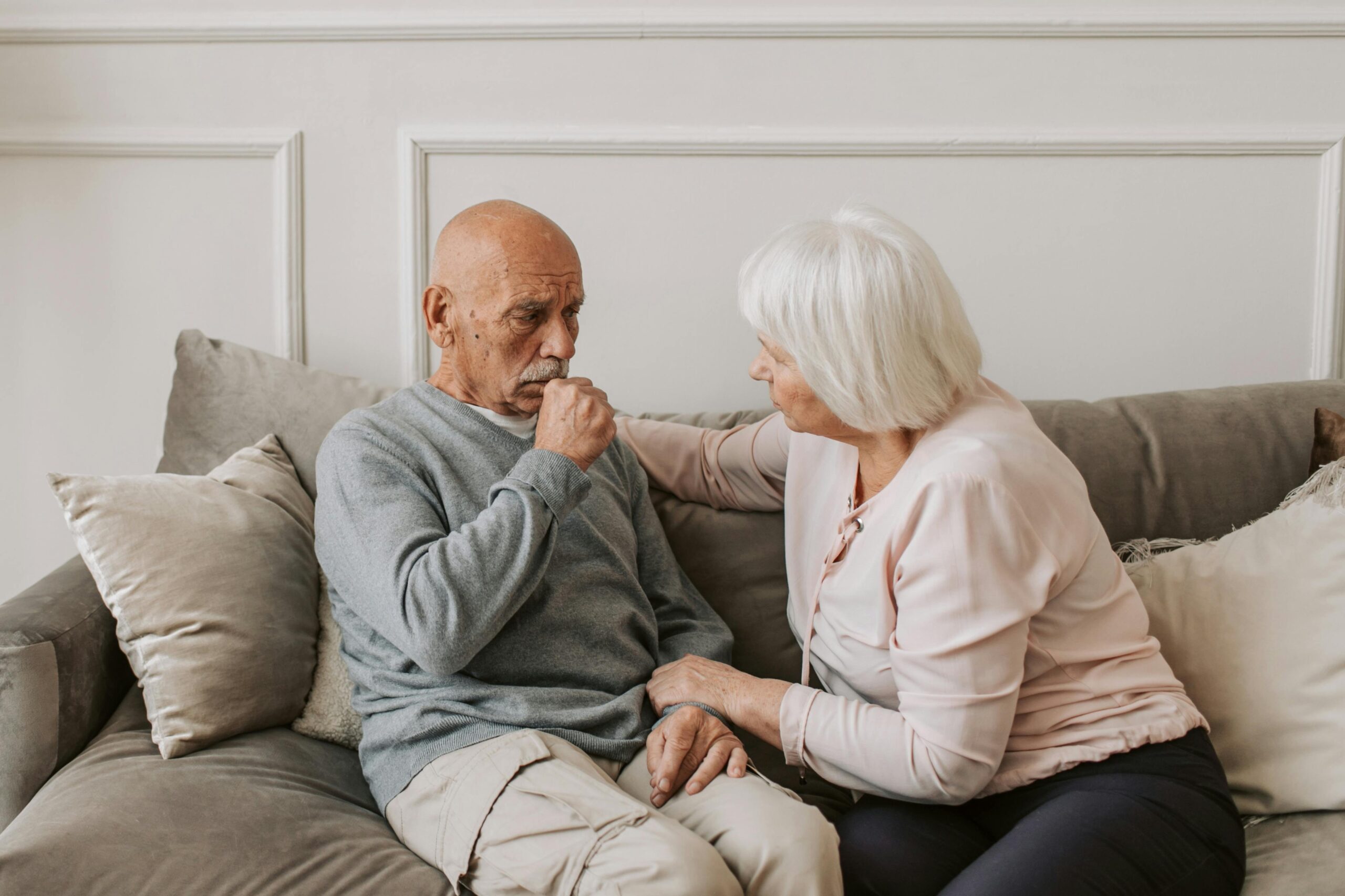
How to Support a Partner with Chronic Illness: A Mental Health Perspective By: Rane Wallace, MS, LPC, LCDC, SAP Living with a chronic illness can

EMDR for Attachment Issues: Building Healthy Relationships By: Rane Wallace, MS, LPC, LCDC, SAP When you hear “EMDR therapy” (Eye Movement Desensitization and Reprocessing), you

How to Deal with a Narcissistic Partner By: Rane Wallace, MS, LPC, LCDC, SAP Do you ever feel like your partner thinks they’re better than
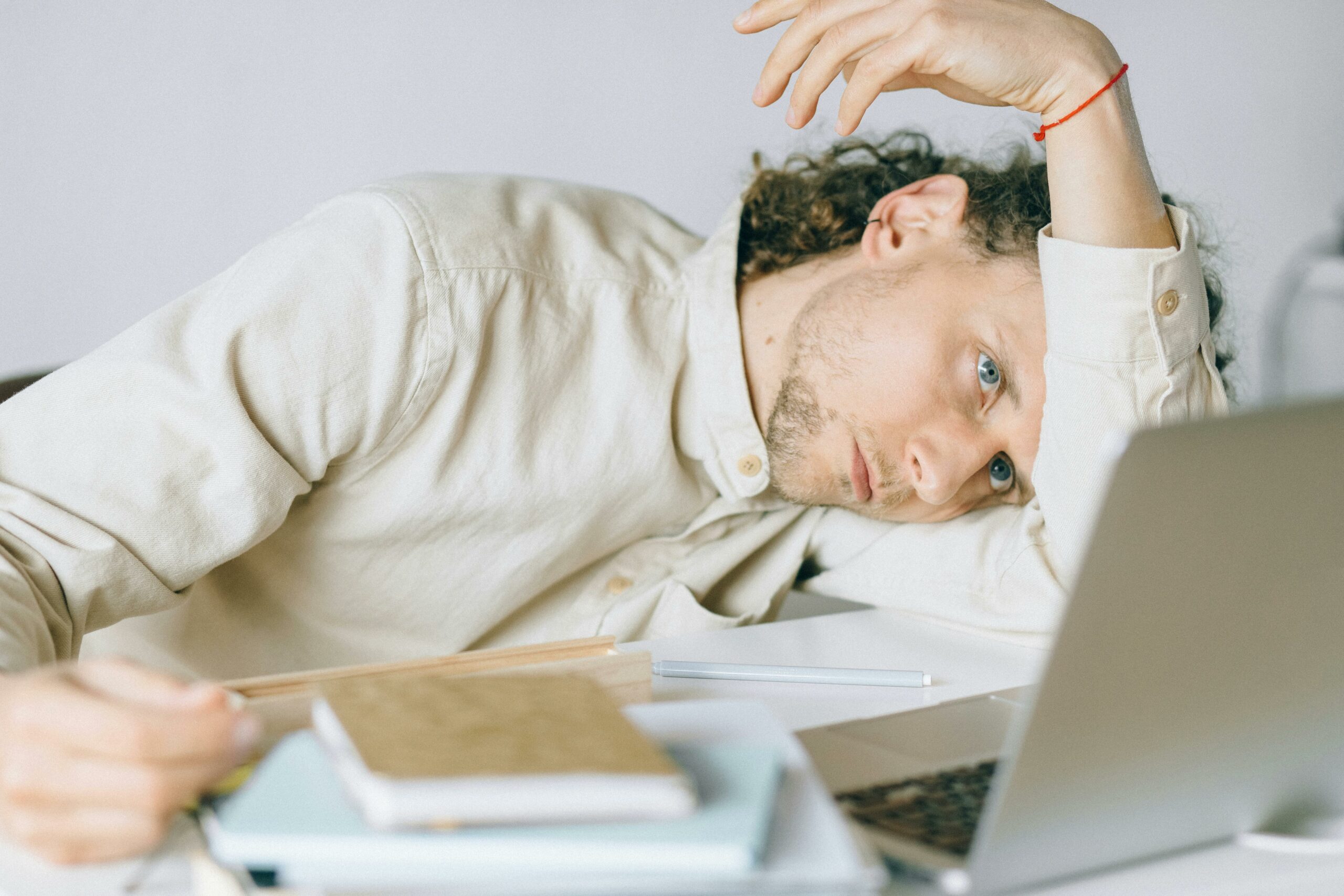
How to Recover from Burnout By: Rane Wallace, MS, LPC, LCDC, SAP Burnout is a common struggle in today’s fast-paced world. Life’s relentless demands can

The Benefits of Attending Couples Counseling By: Rane Wallace, MS, LPC, LCDC, SAP There’s a misconception about couples counseling – that it signals the end

Things to Know About Individual Counseling in Fort Worth, TX By: Rane Wallace, MS, LPC, LCDC, SAP May is Mental Health Awareness Month, a good

Everything You Need to Know About EMDR Therapy By: Rane Wallace, MS, LPC, LCDC, SAP Have you heard about EMDR therapy and want to learn

What is Nature Therapy? (And Why You Should Be Doing It!) By: Rane Wallace, MS, LPC, LCDC, SAP Let’s face it: there’s just something about
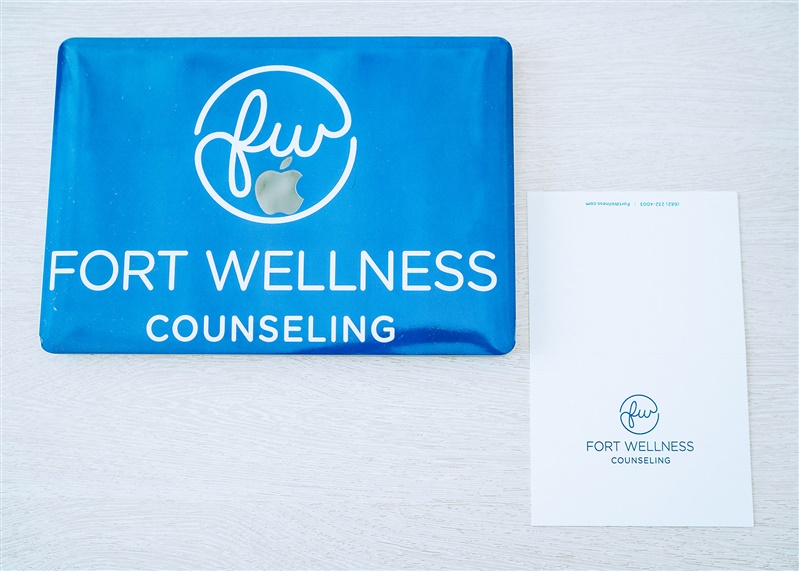
The Benefits of Virtual Therapy in Texas By: Rane Wallace, MS, LPC, LCDC, SAP Technology is changing everything, and healthcare is no different! Thanks to

How to Get Over a Breakup By: Rane Wallace, MS, LPC, LCDC, SAP Breaking up with a romantic partner is painful – no matter the reason

How to Set New Year’s Resolutions By: Rane Wallace, MS, LPC, LCDC, SAP How to Set New Year’s Resolutions Setting goals gives us a sense
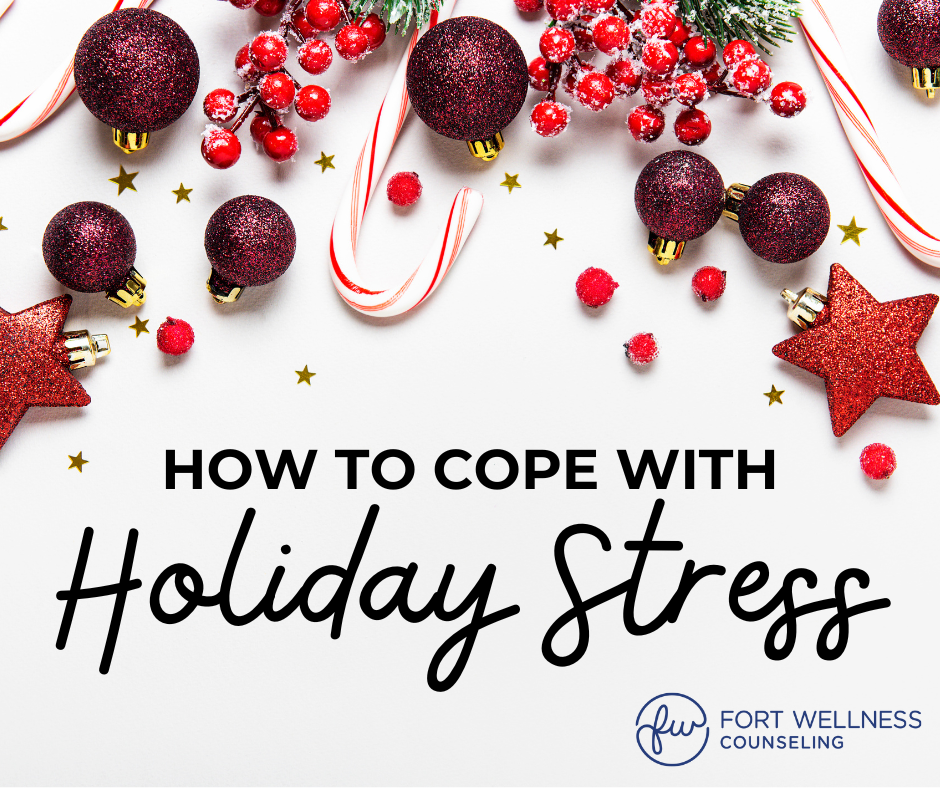
How to Cope with Holiday Stress By: Rane Wallace, MS, LPC, LCDC, SAP Say No to Prevent Burnout There are an abundance of obligations that

Trauma Therapy in Fort Worth: Types, Benefits & More By: Rane Wallace, MS, LPC, LCDC, SAP Believe it or not, an estimated 60% of men
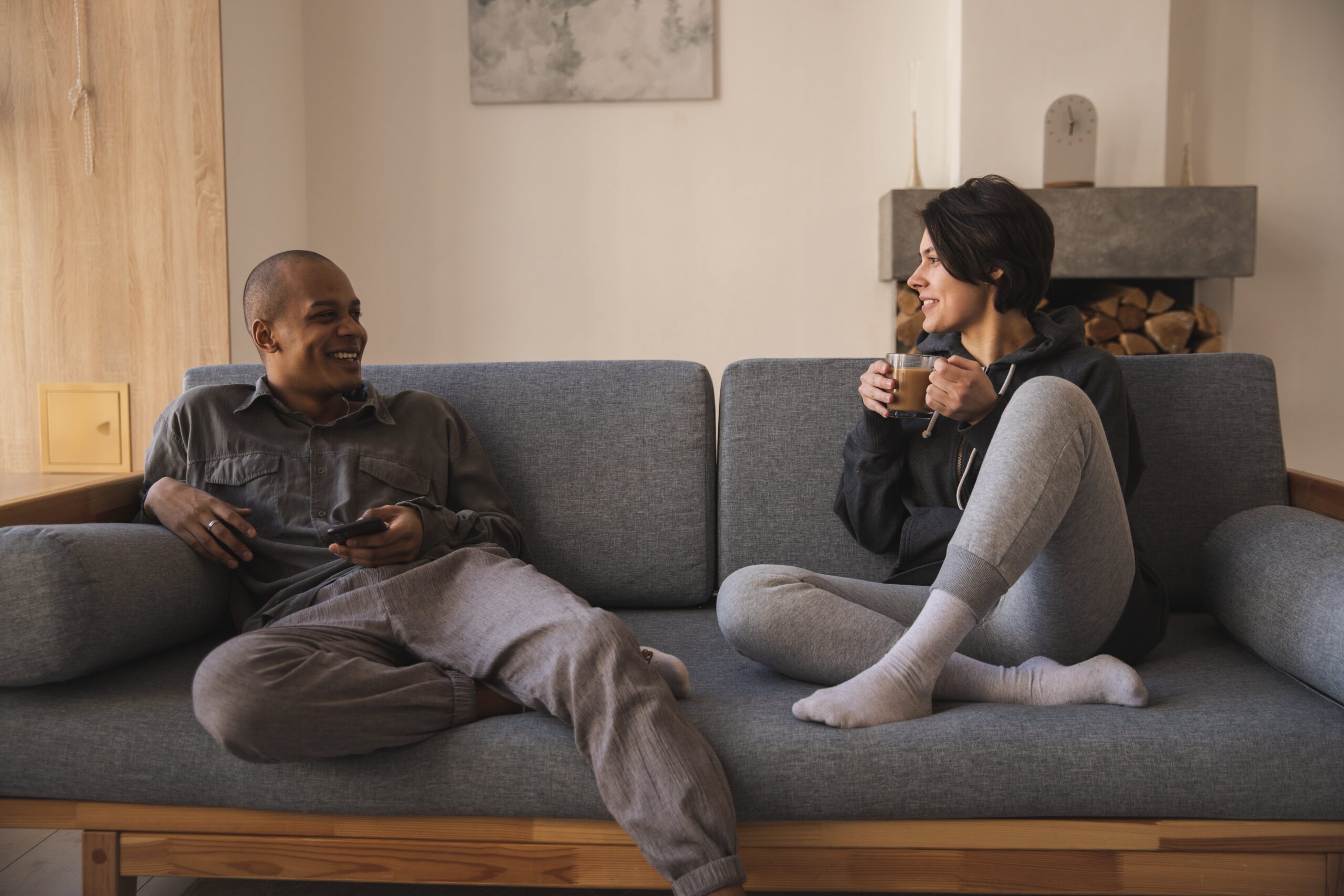
How to Communicate Better in Relationships By: Rane Wallace, MS, LPC, LCDC, SAP Whether with coworkers or your significant other, the ability to communicate effectively

How to Prevent Seasonal Affective Disorder (SAD) By: Rane Wallace, MS, LPC, LCDC, SAP If you’re struggling with winter blues, know you’re not alone. SAD

What is a Functioning Alcoholic? By: Rane Wallace, MS, LPC, LCDC, SAP When someone is deemed a ‘high-functioning alcoholic,’ they’re able to carry out daily

How to Help Yourself – And Others – with Suicidal Ideation By: Rane Wallace, MS, LPC, LCDC, SAP September is Suicide Awareness Month. And while

32 Questions to Strengthen Your Relationship By: Rane Wallace, MS, LPC, LCDC, SAP When was the last time you had a meaningful conversation with your
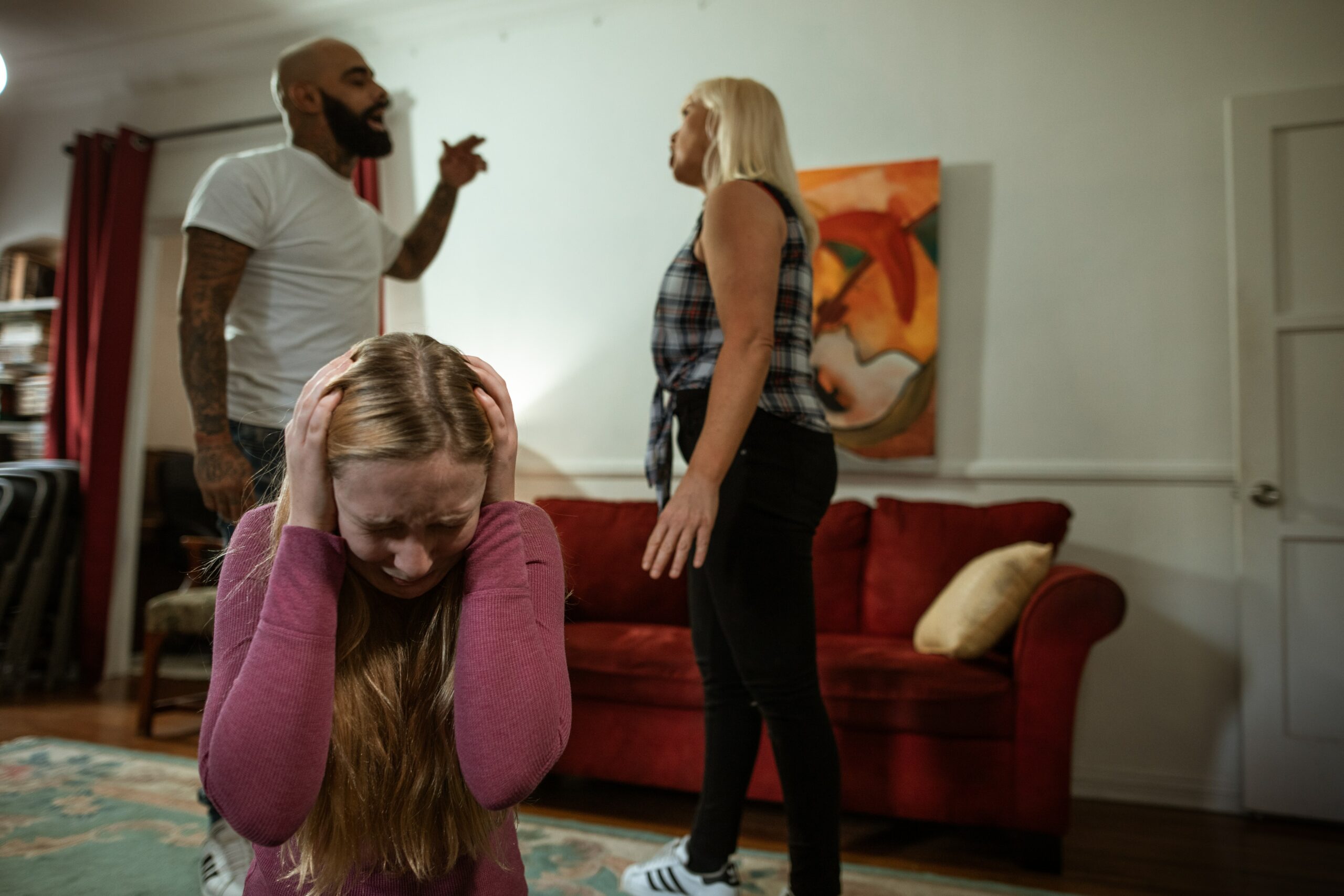
The Fawn Response: How Trauma Can Lead to People Pleasing By: Rane Wallace, MS, LPC, LCDC, SAP Do you often find yourself putting the needs

How to Overcome ‘Hangxiety’ (Post-Drinking Anxiety) By: Rane Wallace, MS, LPC, LCDC, SAP Thought the consequences of drinking heavily were merely physical? Unfortunately, you’ll have

What is Box Breathing? Plus Tips for Beginners By: Rane Wallace, MS, LPC, LCDC, SAP Ever heard of box breathing? This popular relaxation technique involves

Do Mindfulness Exercises for Anxiety Work? By: Rane Wallace, MS, LPC, LCDC, SAP Do mindfulness exercises for anxiety work? If you (or people in your

What is Trauma Bonding? 4 Warning Signs By: Rane Wallace, MS, LPC, LCDC, SAP If you’ve ever been in an abusive relationship and felt bonded

Why Do We Cry? 4 Reasons and Crying Benefits By: Rane Wallace, MS, LPC, LCDC, SAP There’s no getting around it – crying is part

What Is Habit Stacking? (And How to Do It) By: Rane Wallace, MS, LPC, LCDC, SAP Supporting our mental health is one of those goals

5 Tips for Living with Someone with OCD By: Rane Wallace, MS, LPC, LCDC, SAP While living with OCD (obsessive-compulsive disorder) can be demanding, living

What is Assertive Communication? By: Rane Wallace, MS, LPC, LCDC, SAP So, what is assertive communication? Well, in a nutshell, this communication style aims to

PTSD Counseling in Fort Worth: Proven Coping Strategies By: Rane Wallace, MS, LPC, LCDC, SAP For those who didn’t already know, post-traumatic stress disorder (PTSD)

Brainspotting vs. EMDR: What’s the Difference? By: Rane Wallace, MS, LPC, LCDC, SAP According to the National Council for Mental Wellbeing, 70% of American adults
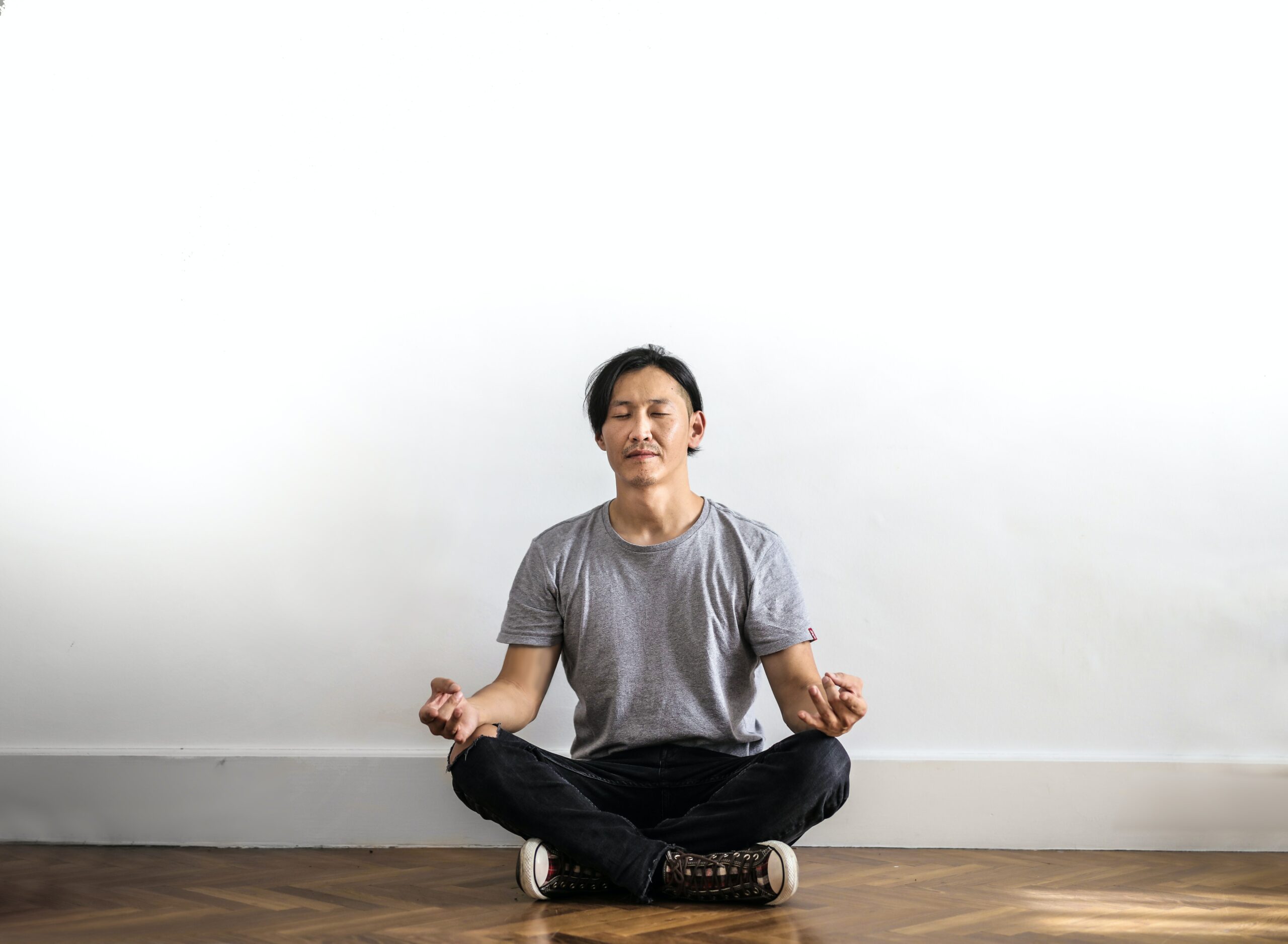
Mindfulness Exercises to Strengthen Your Recovery By: Rane Wallace, MS, LPC, LCDC, SAP Are you recovering from alcohol and/or substance abuse? Self-improvement is a life-long

How to Find a Counselor in Fort Worth By: Rane Wallace, MS, LPC, LCDC, SAP Are you considering therapy? If so, finding a counselor in

How To Not Be Codependent In A Relationship By: Rane Wallace, MS, LPC, LCDC, SAP Wondering how to not be codependent in a relationship? Sometimes

What is Parental Anxiety? Coping Tips from a Therapist By: Rane Wallace, MS, LPC, LCDC, SAP Every parent wants to shield their child from danger

What is EMDR Therapy? By: Rane Wallace, MS, LPC, LCDC, SAP Ever heard of eye movement desensitization and reprocessing therapy? More commonly known as EMDR,
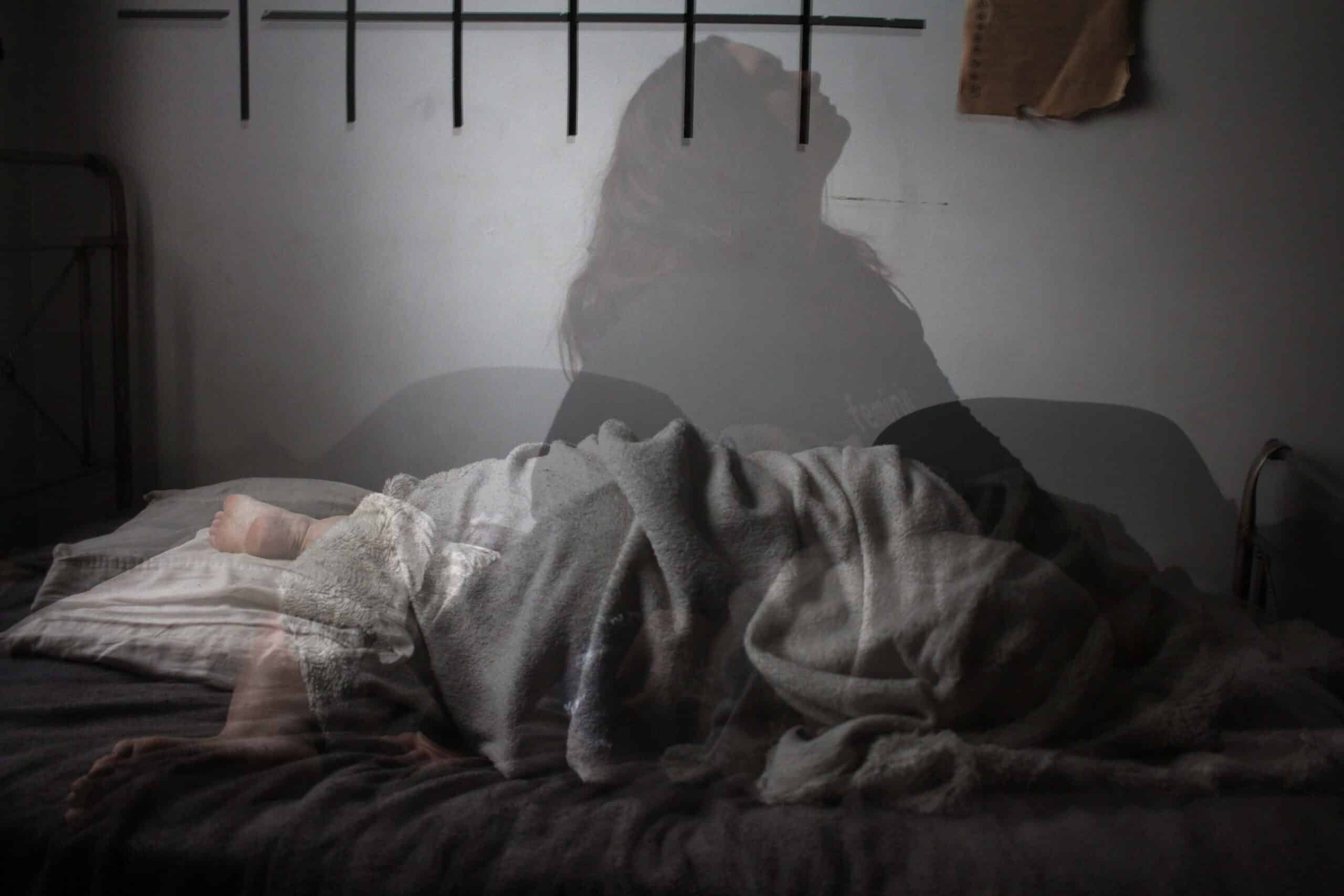
8 Proven Tips to Sleep Better at Night (and Improve Your Mental Health) By: Rane Wallace, MS, LPC, LCDC, SAP Struggling with restless nights and

How to Have a Healthy Relationship with Social Media By: Rane Wallace, MS, LPC, LCDC, SAP In today’s world, there’s no escaping the presence of
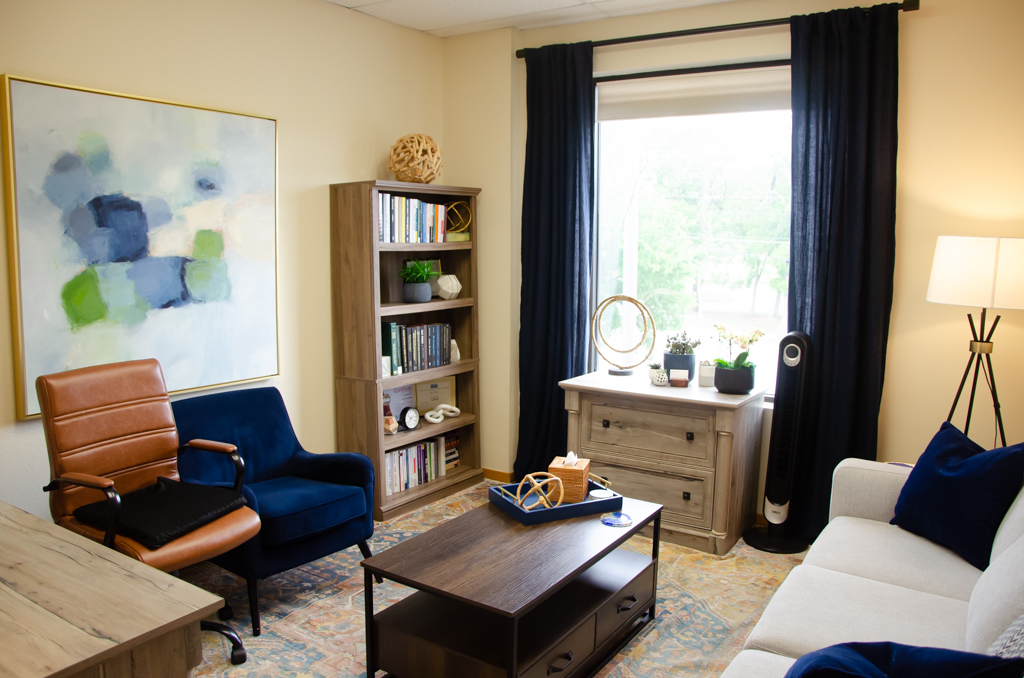
What Is The Goal of Psychotherapy? By: Rane Wallace, MS, LPC, LCDC, SAP Have you been considering psychotherapy? The start of a new year is